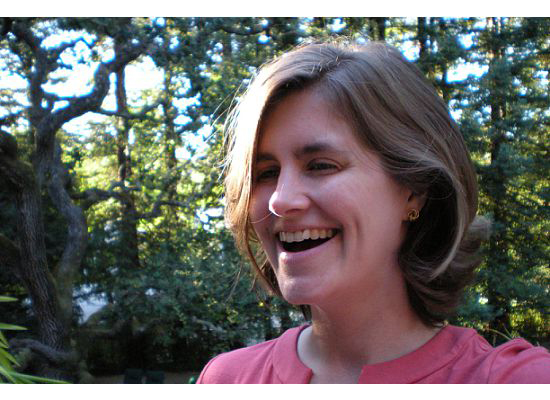Over the past year, the Office of Undergraduate Advising and Research (UAR) has been working on new ways to enhance the Pre-Major Advising (PMA) program.
One of the recent changes included naming Alice Petty, a former academic director, as the new director of the PMA program.
However, UAR has also been working to clarify the role of a PMA in response to student feedback they received through surveys and focus groups during spring quarter of last year.
Throughout the 2012-13 school year, academic directors and officials from UAR held bi-weekly meetings for brainstorming sessions they called PMA lab.
“We just got together to talk about what we wanted to do with the PMA program in coming years,” said Kirsti Copeland, a PMA and associate dean of residentially based advising and pre-major advising.
Copeland said one of the things they discussed during their meetings was how to structure conversations between PMAs and students for specific times of the year rather than limiting interactions to students asking their advisors to lift a hold barring them from registering for classes each quarter.
She explained that a proposed structure would involve quarterly themed conversations with talk of transitioning during the fall and discussions of various campus opportunities during the winter. During the spring, Copeland said students should take a moment to reflect with their PMAs on their past interactions.
“They’re actually these important reflective moments to think back to what’s going on and how we help a student best transition [through] Stanford, find these opportunities and reflect on their experience,” Copeland said.
Despite the PMA lab’s suggestions, Copeland said that all PMAs who volunteer for the unpaid role have their own way of advising.
“We are not creating a one-size fits all program,” she said.
Indeed, PMAs have different takes on their roles in advising students.
“I see my role as talking them through the questions of why they came to Stanford and what they’re interested in,” said Roland Greene, professor of comparative literature.
He said he tries to dispel students’ assumptions about Stanford as a PMA and encourage them to think about what benefits they can reap from their education.
However, Greene said he faces a challenge when students come in with ideas of what majors their peers or parents consider more useful for securing employment after graduation.
“You don’t come to a place like this to follow conventional wisdom,” he said. “You come to expand yourself intellectually and as long as you’re doing that at a good pace, you’re doing the right thing.
Academic directors often pair PMAs with students, though advisors can ask for students with particular qualities. As former director of the residential program Structured Liberal Education (SLE), Greene said he always asks for advisees in the program.
“I think the relationship with those students is something I can carry on into later years,” he said.
Other PMAs have broader preferences.
“I like advisees who are polite and passionate and have the courage to find their own paths in life,” said Matthew Rabinowitz ‘96 M.S. ‘97 Ph.D. ‘01, consulting professor in the School of Engineering.
Rabinowitz said he tries to advise his students in areas other than course selection and academics.
“I really think that the key thing here in terms of helping students academically and professionally is to give them perspectives,” he said. “It’s about finding things that they want to do and helping them.”
He added, however, that it’s not necessarily a simple task.
“Sometimes I get students who have personal problems, and the challenge for me as an advisor is to know how involved [I should be] in them,” he said. “It’s difficult to know where the line should be.”
Other PMAs faced similar challenges in their advising, including Marian Adams ‘84 Ph.D. ‘93, clinical associate professor of pediatrics and neonatology at the Stanford School of Medicine.
“I think that the most difficult situation I find myself in was where one of my advisees was getting in over her head academically,” Adams said. “I was kind of trying to advise her to take it a bit easier, and I wasn’t quite getting through.”
Adams added that she could tell her advisee was struggling academically with the workload she set for herself.
“I think that the most difficult part is trying to be very supporting but not wanting them to fall without a safety net and getting everything connected to get them help,” Adams said.
Despite the challenges that arise from the no one-size-fits-all model of advising, surveyed PMAs agreed that the voluntary work is worthwhile for themselves and for the students they serve.
Contact Brittany Torrez at [email protected].
